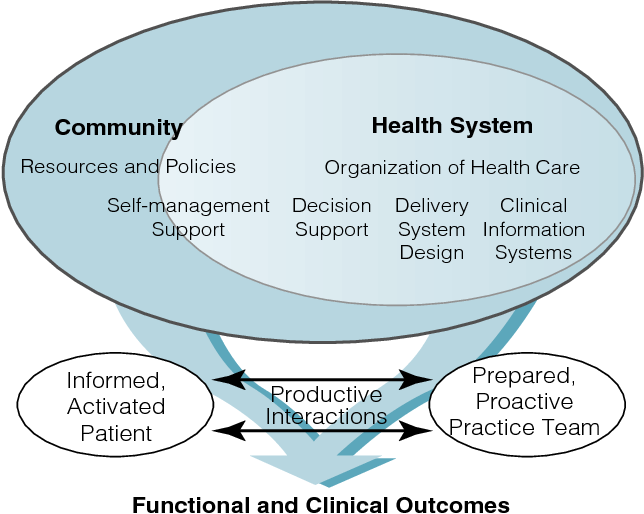Living with a chronic illness can be a challenging and isolating experience. From managing symptoms to dealing with the emotional toll, it’s no surprise that many patients feel overwhelmed and alone. That’s where support systems come in. These networks of people provide encouragement, understanding, and practical assistance to help patients navigate the complexities of their condition.
What is a Support System?
A support system is a group of individuals who offer emotional, physical, and sometimes financial support to someone dealing with a chronic illness. This can include family members, friends, healthcare providers, therapists, support groups, and online communities. The goal of a support system is to provide a safe space for patients to express their feelings, ask for help, and find comfort in knowing they are not alone in their journey.
The Benefits of Having a Support System
Having a strong support system can make a world of difference for chronic illness patients. Here are some of the key benefits:
Emotional Support
Living with a chronic illness can take a toll on mental health. Depression, anxiety, and feelings of isolation are common among patients. A support system can provide a listening ear, words of encouragement, and a sense of belonging that can help alleviate these negative emotions.
Practical Assistance
Managing a chronic illness often requires a lot of time, effort, and resources. A support system can help with tasks like transportation to medical appointments, meal preparation, and running errands. This practical assistance can make a significant impact on a patient’s quality of life.
Information and Resources
Support systems can also be valuable sources of information and resources for patients. Whether it’s tips for managing symptoms, recommendations for healthcare providers, or access to financial assistance programs, these networks can help patients navigate the complexities of their condition with confidence.
Building a Support System
If you are a chronic illness patient looking to build or strengthen your support system, here are some tips to consider:
Reach Out to Loved Ones
Don’t be afraid to lean on friends and family members for support. They care about you and want to help in any way they can. Be honest about your needs and communicate openly about how they can assist you.
Join a Support Group
Support groups offer a unique opportunity to connect with others who are going through similar experiences. Whether in-person or online, these communities can provide a sense of camaraderie and understanding that is hard to find elsewhere.
Seek Professional Help
Therapists, counselors, and healthcare providers can also be valuable members of your support system. They can offer guidance, perspective, and specialized care that is tailored to your unique needs.
Conclusion
Living with a chronic illness is no easy feat, but having a strong support system can make all the difference. From emotional support to practical assistance, these networks provide a lifeline for patients in need. If you are struggling with a chronic illness, don’t be afraid to reach out and build your own support system. You deserve to feel supported, understood, and empowered in your journey towards better health.
